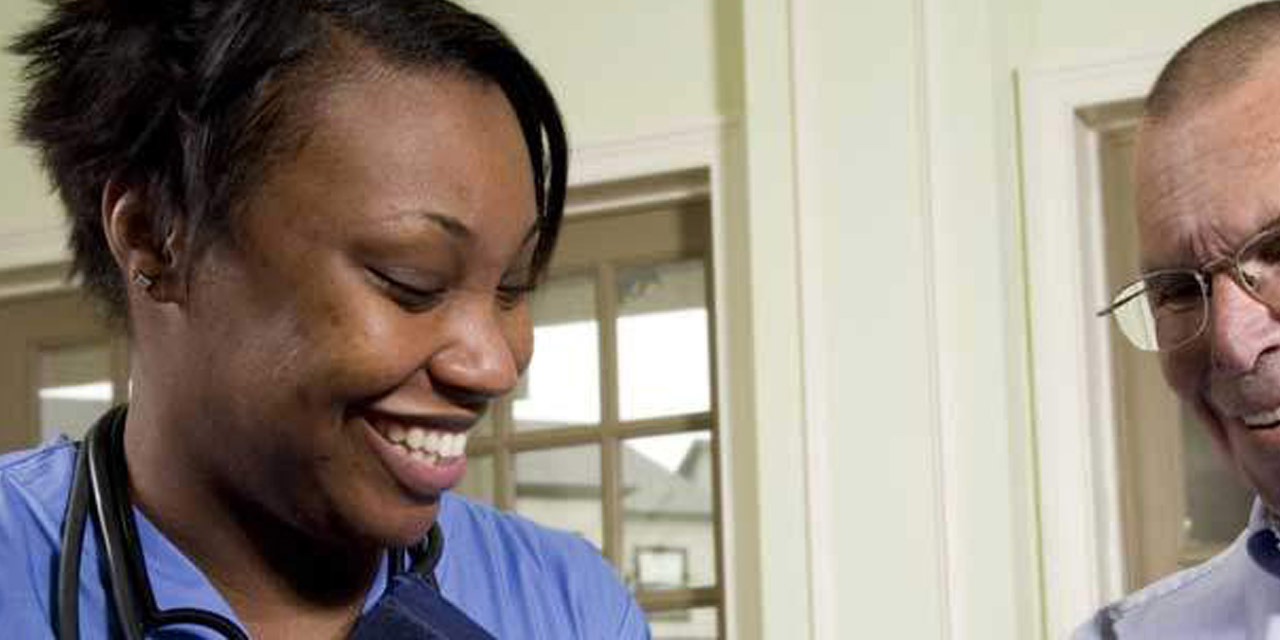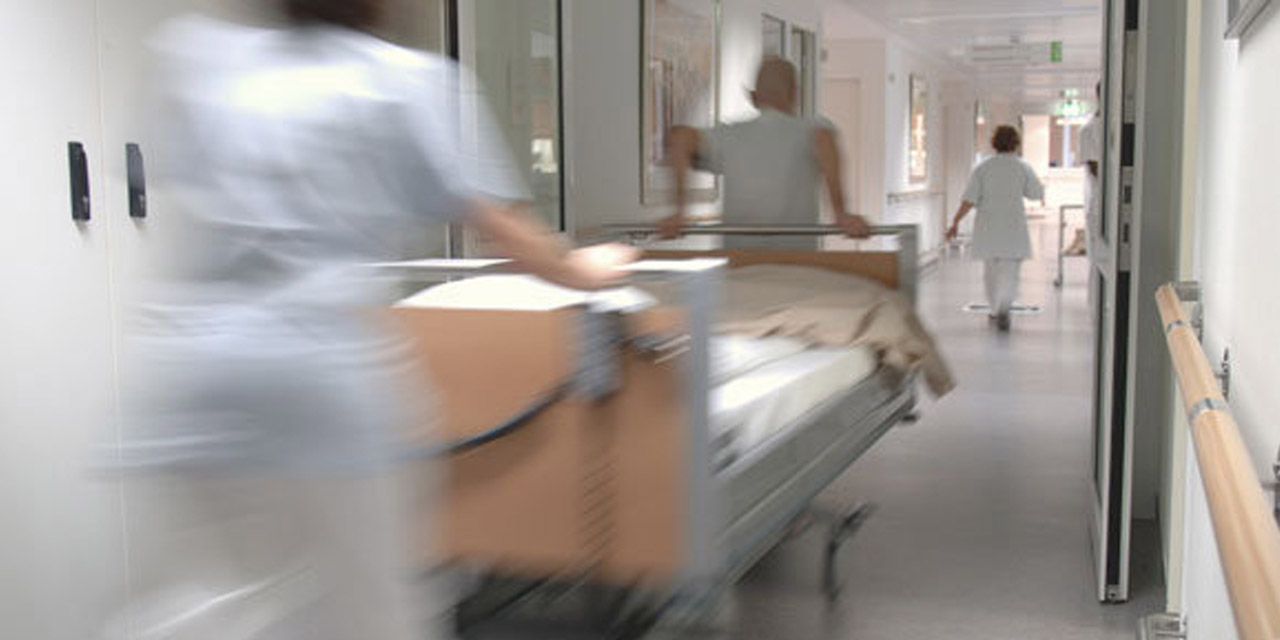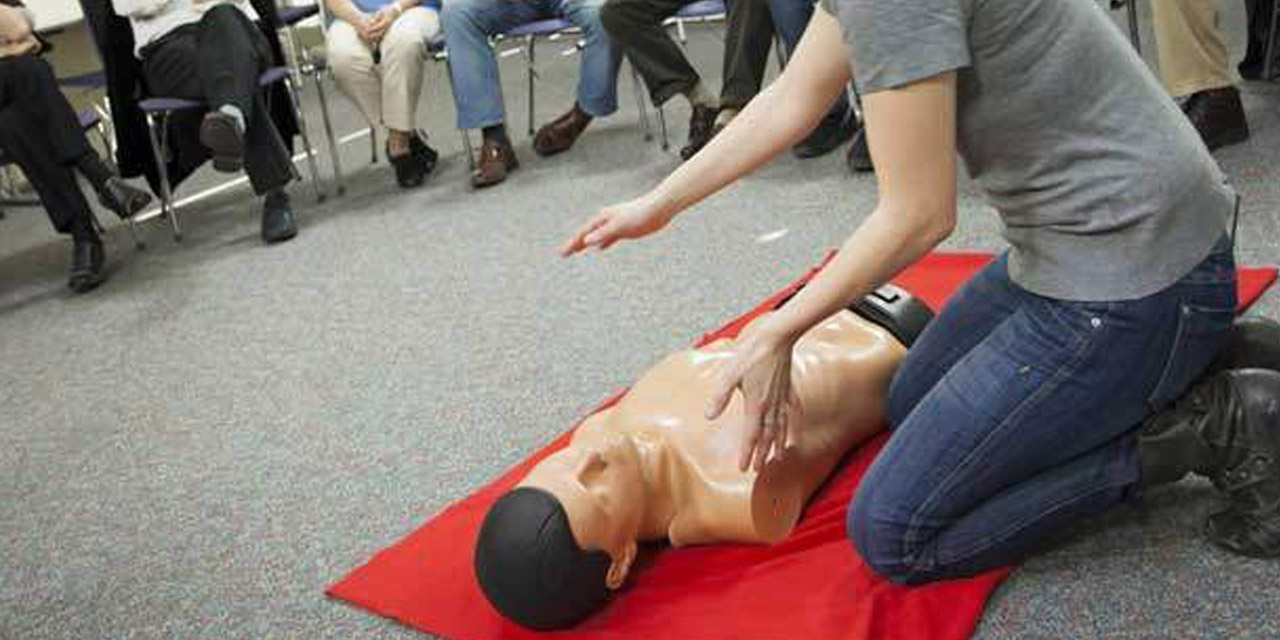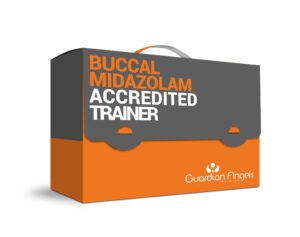The course covers a wide range of ear care topics from tinnitus to ear drops, as well as giving delegates a detailed understanding of the anatomy and physiology of the ear itself. Through this, participants are able to build on their skills with the aim of providing exceptional care to patients on completion of the course.
The course will be delivered by one of our highly experienced educators. All of our team are subject matter experts within their specialist area of practice ensuring that information delivered is completely up to date and in line with current best practice. We are also able to tailor courses to the needs and requirements of your healthcare organisation for a bespoke training solution.
Please note: delegates on the Ear Irrigation course are required to receive supervision from an appropriate mentor to support their learning and practical application in the workplace.
Guardian Angels Training will provide the necessary competency proformas required to ensure safe and evidenced-based clinical practice following completion of the Ear Irrigation training course. This will then allow the Registered Provider to ensure mandatory competency assessments are completed within the workplace by a nominated mentor/supervisor.
If further advice regarding competency assessments is required, or if you would like our Registered Nurse Trainers to provide onsite competency assessments, please do not hesitate to contact us.














